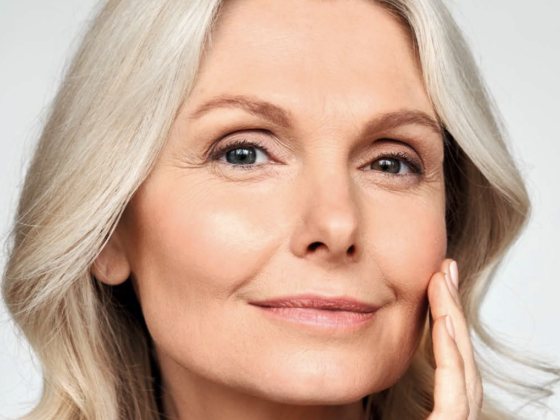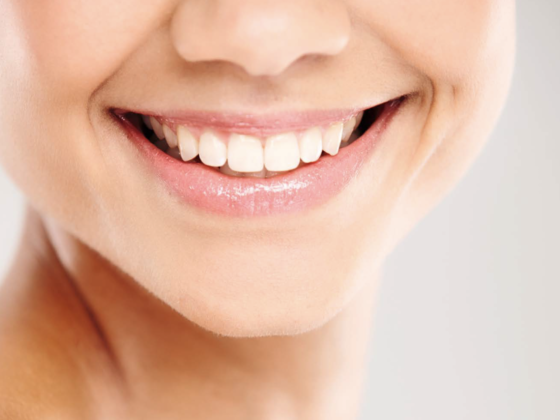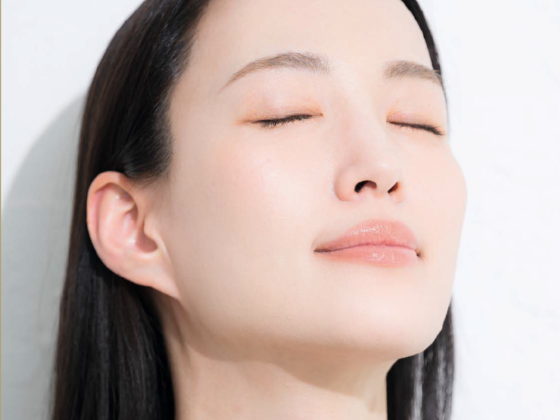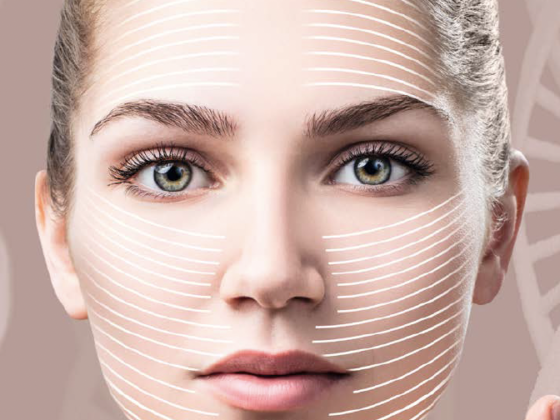Pr Yoshikazu Yonei, Pr Daniel Jean et Pr Manuel J. Castillo
Glycation is a chemical reaction resulting from sugars fixing to the body’s proteins. Glycation creates cross links between these proteins and generates toxic components called AGEs (Advanced Glycation End products). These AGEs are a major cause of aging and of age-related illnesses: musculoskeletal issues, skin aging, metabolic diseases, neurodegenerative diseases, some cancers… Research has made significant progress in learning about glycation and how to fight it.
 We summarise these advances below. Ask the experts
We summarise these advances below. Ask the experts
Professor Yoshikazu Yonei teaches anti-aging medicine at Doshisha University in Kyoto, Japan. He is a board member for the Japanese Society of Anti-Aging Medicine and director of the board for the Society of Glycative Stress Research.
Professor Manuel Castillo teaches endocrinology at Granada University in Spain. A specialist in clinical biopathology, he is scientific director of the Spanish society of Anti-Aging Medicine.
How do you explain glycation and its role in aging to your medical students and to your patients?
Prof. Yonei: At molecular level, the factors that promote aging are oxidative stress and stress connected with glycation. Against the former, the body has sophisticated antioxidant defence mechanisms, developed over millions of years. But glycation, which is caused by high blood sugar due to a sugar-rich diet, has become widespread across the globe over the last few decades, and our bodies have not yet developed intrinsic defence mechanisms. It is important to realise that the time has come to fight glycation.
Prof. Castillo: With age, the body’s proteins are subjected to various alterations that affect their structure and their functions. One of these alterations is glycation, a process by which glucose molecules attach themselves in an irreversible way to proteins, forming what we call advance glycation end products (AGEs).It is a non-enzymatic process that depends on three factors:
• The protein’s lifespan: the longer it is, for example collagens, the more glycation there will be.
• The concentration of glucose in the body: the higher the concentration, the more glycation there will be.
• The period during which the glucose levels are high: the longer they stay high, the more glycation there will be.
How do you assess a patient’s glycation levels and therefore how fast they are aging?
Prof. Castillo: The more the proteins in a tissue or organ suffer from glycation, the more structural and functional alterations there will be, which speeds up aging. All the tissues and organs are exposed to glucose and are therefore at risk of glycation. Assessing the glycation levels would involve analysing every tissue, which would be extremely diffi cult. However, we can observe the clinical symptoms that are a consequence of glycation, such as certain signs of skin aging, and can also measure the levels of glycated albumin.
Prof. Yonei: Measuring the pentosidine levels in the plasma is probably the most suitable method for evaluating glycative stress; skin auto-fluorescence (SAF) is a simple and non-invasive screening method, but lacks precision.
What do you recommend for treating glycation? Behaviours, treatments, from what age?
Prof. Yonei: We recommend taking action as early as possible. In Japan, when women are pregnant, they receive a maternity handbook containing lifestyle advice. We hope to include advice about how to manage glycation, because a parent’s lifestyle habits can lead to epigenetic mutations in their children. The city of Izumiotsu in Osaka has started handing out free wholegrain cereals to expectant mothers, in order to reduce glycaemic stress.
Prof. Castillo: The earlier we start, the better. Over the years, our capacity for regeneration decreases and the glycated proteins build up. One way of reducing glycation is by avoiding spikes in blood sugar. To do this, avoid eating foods with a high glycaemic index or with added sugar. It is also better not to graze and to avoid eating foods rich in glycated proteins (such as grilled foods and caramelised foods, which is a form of glycation). Doing regular exercise can also help the muscles to burn off glucose. We have noticed that some components, such as rosmarinic acid in certain forms, can help eliminate advanced glycation end products (AGEs).
How would you assess the results of treat-ments that tackle glycation?
Prof. Castillo: Basically, they improve both appearance and function, though this perception is often subjective. Given that the effects are long-term, they are difficult to measure.
Prof. Yonei: Determining the pentosidine levels in the blood plasma, HbA1c and insulin resistance are all useful evaluations pre and post-treatment. It is best to act when these values are located in the “normal” bracket, before they reach pre-diabetic levels.
Is aging unavoidable? Can we expect real rejuvenation?
Prof. Yonei: Recently, “DNA methylation” has attracted atten-tion as an indicator of cellular senescence. Glycation leads to epigenetic changes. It is possible to prevent cellular senescence by mobilising the DNA repair mechanisms, but it is more important to prevent it by reducing glycation by making suitable lifestyle changes.
Prof. Castillo: Rejuvenation is difficult, as it requires effort and consistency, and its effects are limited over time. Slowing down the aging process and reducing its consequences is much easier and more effective, even over the long term, though less spectacular. Unfortunately, this does not attract attention, and therefore does not generate headlines or clicks.
Daniel Jean, a pharmacologist and former university profes-sor, is the founder and director of the Institute of Plant Substances. He has filed several patents, including one concerning the deglycation of proteins, which led to the release of the first-ever deglycation product on the market, called AGE Breaker.
Prof. Jean, how did you discover the pro-duct that is able to reverse the glycation process?
With a two-fold approach that uses ethnopharmacognosy and artificial intelligence. We noticed an analogy between the problems connected with diabetes and those connected with aging. This is what led us to consider glycation as one of the very first causes of aging. We identified active molecules in diabetes complications, then we figured out how they worked and fi nally looked for high-performance deglycating substances in edible plants, via in silico methods.
Did you encounter any particular problems?
It took us a long time to demonstrate deglycation, which was thought to be impossible at the time. The scientific and medical community is, by nature, highly demanding and very difficult to convince when it involves an in-novation that goes against their usual way of thinking.
What are the latest scientific advances on which you are working?
We are working on deglycating the histones: key proteins for healthy DNA replication. We are also working on the links between glycation and the effects of calorie restriction on longevity. In general terms, we are looking into all of the links between glycation and the recognised mechanisms of aging, such as how the body manages its stem cells, telomere attrition, and the cells’ energetic metabolism.
Any hopes for the near future?
Yes, the progress made in artificial intelligence now allows us to tackle problems in silico, which was impossible to envisage just a few years ago. Without a doubt, in the not-too-distant future we will have access to new senotherapeutic solutions that could prolong healthy life expectancy.
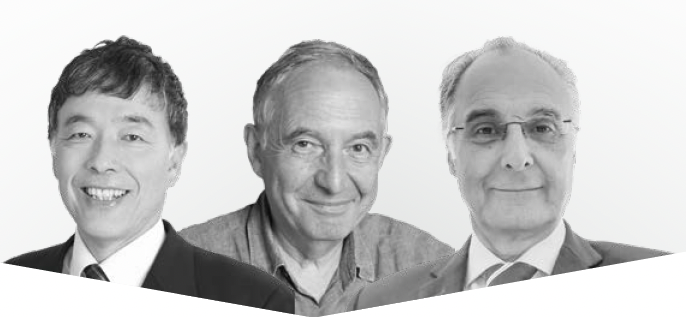 Pr Yoshikazu Yonei, Pr Daniel Jean and Pr Manuel J. Castillo
Pr Yoshikazu Yonei, Pr Daniel Jean and Pr Manuel J. Castillo
Pr Yoshikazu Yonei: Professor, Anti-Aging Medical Research Centre, Doshisha University, Kyoto, Japan. Director of the Board, Society of Glycative Stress Research. Member of the Board, Japanese Society of Anti-Aging Medicine. yonei-labo.com
Pr Daniel Jean:
Pharmacologist, former university professor. Founder and director of the Institute of Plant Substances.
Pr Manuel J. Castillo:
Professor of Medical Physiology, School of Medicine, University of Granada, Spain. President of the Scientific Committee of the Spanish Society of Anti-Aging and Longevity Medicine. Advisory Board European Society of Preventive, Regenerative and Anti-Aging Medicine (ESAAM) Consultant for Corporate Wellness and Health.





